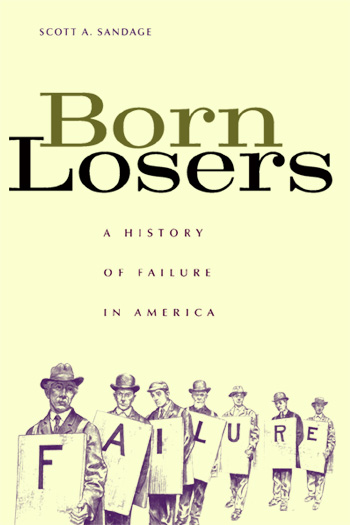 Are you doping brands?
Are you doping brands?
doping refers to the use of performance-enhancers forbidden by organizations that regulate competitions. Doping is mostly done to improve performance.
Increase in marketing performance for several brands triggers probe. Prosecutors widen investigation into use of illicit creative steroids; tampering with established CPG category brand positions.
Cincinnati (AP) Prosecutors investigating C-level brand management practices at Procter & Gamble today confirmed use of performance-enhancing creativity to dope brands. Use of Abstract Dimensioning® (known on the street as AD), and other forms of banned creative stimulants manufactured by Calle & Company under the names Multi-Dimensional Consumer-Creativity® and Culturally Influential Consumer Groups® are all practices forbidden by key trade organizations that regulate competition including the 4 As, Marketing Research Association and the Grocery Marketing Association. Each has denied the practice of brand doping exists despite unusual performance spikes attributed to many once flat-selling brands. Prosecutors said they would expand their search immediately to other high profile incidents in consumer packaged goods, auto, retail, restaurant, financial and pharmaceuticals. Facing stiff penalties for illicit tampering with category positioning and new product innovation, unnamed Procter & Gamble executives with a promise of immunity defended the company’s use of performance growth stimulants (such as BGH – brand growth hormone) citing dramatic increases in brand strength and rejuvenation of older slower moving brands.
In a stinging retort to allegations that his brand and team had been using the illegal creative steroids marketing superstar Lance Brandstrong said yesterday that all accusations are without foundation. "We had permission to bring every performance-enhancing product we could envision to use. We do it by the book. We get everything authorized. We seek only unique selling propositions and have no idea what that guy was talking about when he pitched us on identifying new Special User Effects® as the underpinning to every great breakthrough.” In addition he said, “I have never injected or ingested any consumer information that I didn’t already know and I have never engaged the services of Calle & Company’s Consumer-Creative® Assays® to audit something that I did already know or suspect. I would never do that.”
Prosecutors believe the practice of brand doping providing an unfair marketing advantage over rivals, in markets and with consumers to be widespread - but the practice is hard to pin down because brand people don’t apply the illegal creativity to all of their brands all at the same time. “You have to wait for one brand in one category to unexplainably make a significant leap forward overnight. That’s our first clue” said a high-ranking source wishing to remain anonymous.
Companies under investigation in the widespread brand doping and market position corruption scheme include Kraft Foods, Nestle, ConAgra, Unilever, Colgate-Palmolive, Campbell Soup, Gerber Baby Foods, Pepperidge Farm, Entenmann’s Bakery, Brown-Forman, Miller Brewing, Ferrera USA, The Coca-Cola Company, Frito-Lay, Pepsi, Mead-Johnson. Janssen Pharmaceutica, Johnson & Johnson, McNeil, Schering-Plough, Bristol-Myers Squibb, GlaxoSmithKline, The Mennen Company, Chesebrough-Ponds, Clairol, L’Oreal, Noxell, General Foods, Lehn & Fink, The Drackett Company and more. And aggressive young prosecutors looking to make a name for themselves want to land indictments against other companies soon. A Federal Trade Commission spokesman said the agency is investigating the use of banned Abstract Dimensioning® and other forms of breakthrough creativity marketed by Calle & Company. (OK, I admit it. I've been doping brands with enhanced creativity for years. Like Nixon, I just got caught.)
To report suspected brand doping:
Brand Doping Hotline
714 244 9511
Category prosecutors are standing by to take your call.
 Failure. It's the price General Motors, Ford and Chrysler will have to pay for decades of making what they wanted then trying to make us believe it was what we needed. Don't bail them out. Like children, they got what they wanted every time they asked and they never learned to fend for themselves. There is a book on this called Cornucopia Kids. It's about why so many college graduates end up living back at home.
Failure. It's the price General Motors, Ford and Chrysler will have to pay for decades of making what they wanted then trying to make us believe it was what we needed. Don't bail them out. Like children, they got what they wanted every time they asked and they never learned to fend for themselves. There is a book on this called Cornucopia Kids. It's about why so many college graduates end up living back at home. 


















 With every cut more water is pouring into the hold of the Titanic. Why would you want to fire all those people and let all that experience go to a competitor - just because you couldn't find a better answer?
With every cut more water is pouring into the hold of the Titanic. Why would you want to fire all those people and let all that experience go to a competitor - just because you couldn't find a better answer?


































